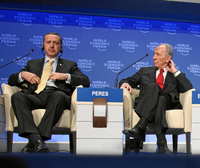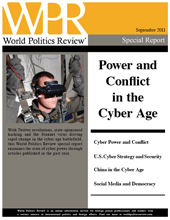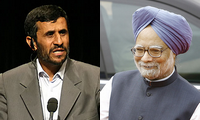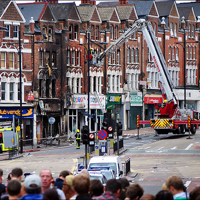
Among the many recent changes reshaping the Middle East’s political topography, one of the most striking has come not from masses of protesters chanting in the streets or from armed rebels fighting for change, but from suit-and-tie diplomats and politicians flexing their muscles in an effort to prove to various audiences just how strong they and their country are. That is how the decades-old alliance between Israel and Turkey, one of the defining features of what now seems a bygone era in the Middle East, is collapsing: in a muddle of acrimony and recrimination. The growing friction has been exacerbated […]





